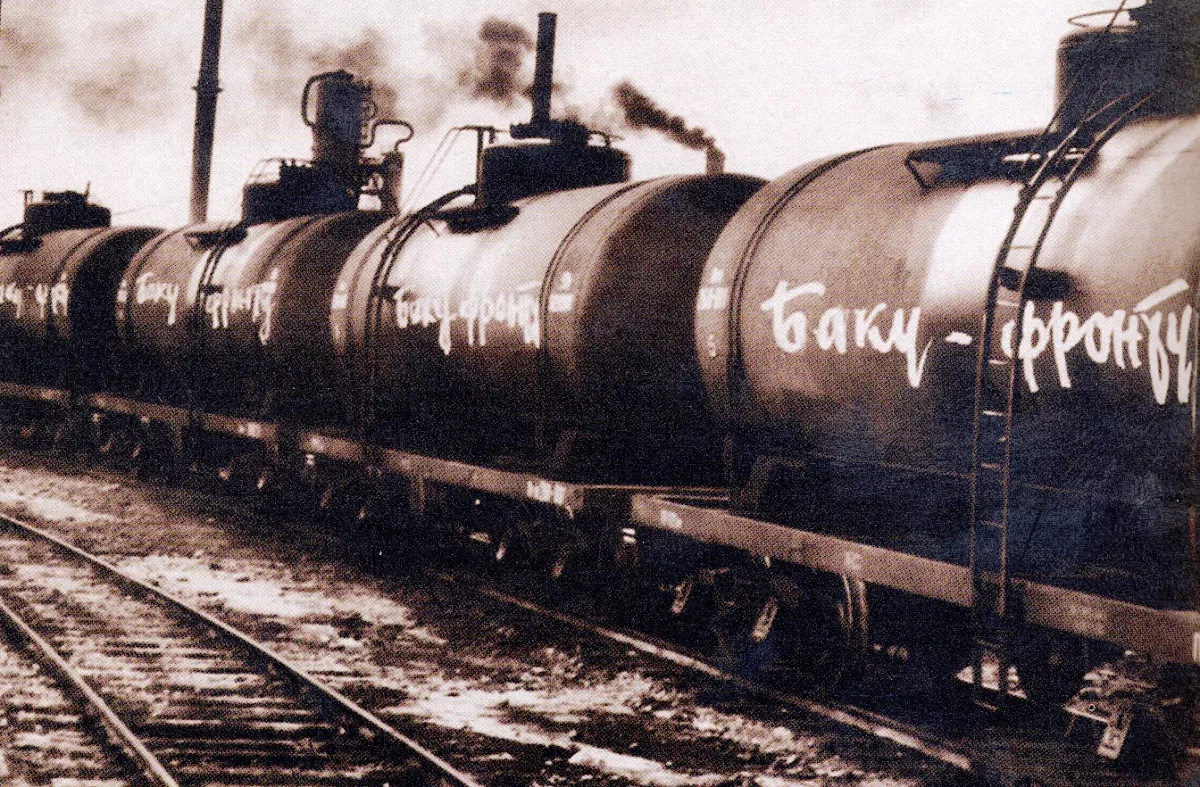Armenia’s unchanged glorification of fascism Yerevan’s dangerous hypocrisy
The United Nations General Assembly voted on a resolution put forward by Russia titled "Combating the glorification of Nazism, neo-Nazism and other practices that contribute to the escalation of contemporary forms of racism, racial discrimination, xenophobia and related intolerance." The co-authors of the draft were Belarus and Turkmenistan. This document, which has traditionally been introduced by Russia and adopted since 2005, consists of 74 points.
The resolution was supported by 119 countries, 53 voted against, and 10 abstained. Among those who voted against were Germany, Italy, Canada, the United States, Ukraine, and Japan. Those in favour of the resolution included Azerbaijan, Armenia, Algeria, Belarus, Bolivia, Brazil, China, Cuba, and Serbia. It is important to make several comments here to avoid any speculation about who supported or opposed this resolution and why.
"In 1945, the member states of the anti-Hitler coalition, known as the United Nations, achieved a great Victory over Nazism. The modern system of promoting and protecting human rights was a response from states to the genocide, war crimes, and crimes against humanity committed by the Nazis. The decisions of the Nuremberg Tribunal legally cemented the achievements of the Victory over Nazism and once and for all provided an answer to the question of who represented the forces of good and who represented the forces of evil in World War II. These decisions are inviolable and cannot be revised," states the Telegram channel of the Russian Permanent Mission to the UN.
With this position, Azerbaijan undoubtedly agrees. After all, the republic's contribution to the victory over Nazism is immense. From Azerbaijan, 640,000 people were mobilized to the front during the war, of which more than 350,000 did not return. The republic formed the 77th, 223rd, 271st, 402nd, and 416th national Azerbaijani divisions.
During the Azerbaijan SSR, more than 130 types of weapons and ammunition were produced, one of which was the Shpagin submachine gun. From the personal reserves of the residents of Azerbaijan SSR, 15 kg of gold, 952 kg of silver, and 320 million rubles were collected and donated to the defence fund. Composer Uzeyir Hajibeyov contributed 25,000 rubles to the fund for the creation of tank columns and air squadrons, while 90-year-old collective farm worker Saadat Najaf gizi from the Agdam district donated 30,000 rubles.
During the war, Azerbaijani oil workers produced up to 90% of the country's fuel. In the first year of the war, 23.5 million tons of oil were sent. In total, 75 million tons of oil were sent for military needs during the Great Patriotic War. Marshal of the Soviet Union Georgy Zhukov clearly pointed out this fact: "The oil workers of Baku supplied the front and the country with as much fuel as was needed to defend our homeland and for the swift victory over the enemy." Former Russian Ambassador to Azerbaijan Vasily Istratov emphasized: "Without the natural resources of Azerbaijan, there would have been no victory in the Great Patriotic War."

Thus, Azerbaijan's position on this issue is more than clear. This is also because, after regaining independence, Azerbaijan became a victim of crimes committed by Armenian fascists. They carried out a vast number of crimes against the Azerbaijani people on Azerbaijani soil. These crimes were encouraged by the leadership of Armenia, two former presidents of which were members of the Karabakh junta. And as we all remember, Robert Kocharyan is the author of the fascist statement about the "genetic incompatibility of Armenians and Azerbaijanis." Serzh Sargsyan, in an interview with British journalist Tom de Waal, attempted to justify the genocide in Khojaly. He stated that the crime was committed to ensure no one doubted the readiness of Armenian militants to kill peaceful Azerbaijani civilians.
Even the current Prime Minister of Armenia, Nikol Pashinyan, has not strayed far from them, despite his current peace-loving statements after his country's devastating defeat in the war with Azerbaijan. It is enough to recall that under Pashinyan's orders, during the 44-day war, missile strikes were launched on Ganja, Barda, and Mingachevir, resulting in the deaths and injuries of Azerbaijani elderly, women, and children.
Recalling all of this, it is astonishing to observe how Armenia now votes on the resolution that was adopted at the UN General Assembly. Moreover, we remember that Armenia ignored four UN Security Council resolutions on Karabakh. We also remember that fascist glorification still exists in Armenia. Yes, the monuments to Garegin Nzhdeh, this collaborator of Nazi Germany, have not been removed from Armenian cities.
Furthermore, Armenia still has monuments to terrorists who participated in the war against Azerbaijan. One need only recall Monte Melkonian. Additionally, in the temporarily occupied territories of Azerbaijan, monuments to Melkonian and other war criminals were erected, whose actions were no different from those of those who plunged humanity into World War II, the most significant episode of which was the Great Patriotic War. For this reason, Armenia’s vote in favour of the resolution "Combating the glorification of Nazism, neo-Nazism and other practices that contribute to the escalation of contemporary forms of racism, racial discrimination, xenophobia and related intolerance" appears monstrously false.








